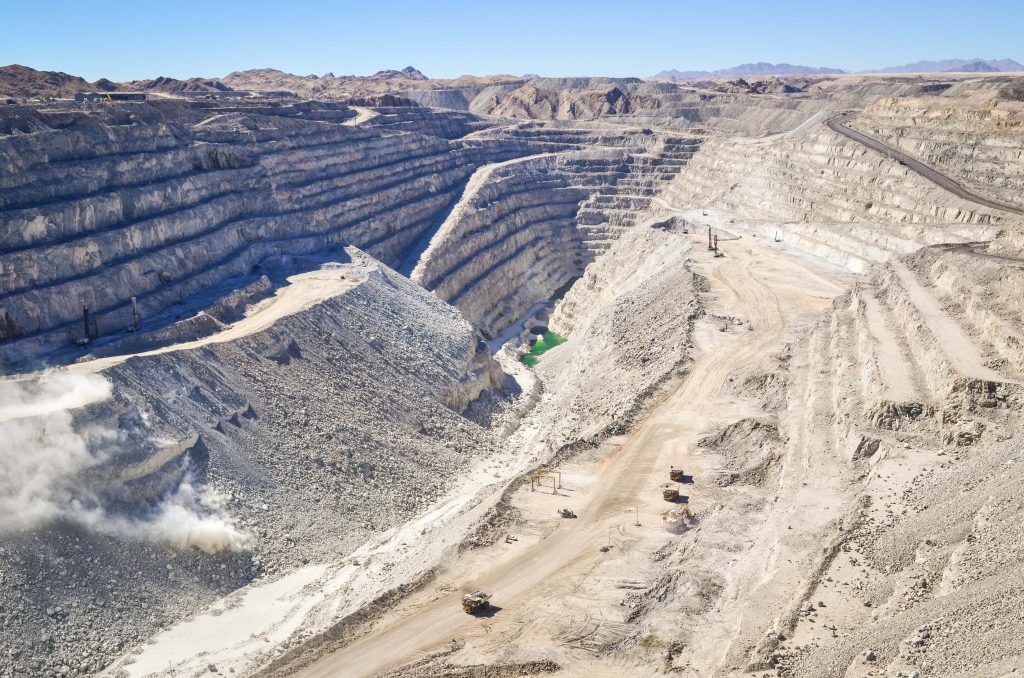The African Anthropocene
By Dawn Stover | May 14, 2018

Here at the Bulletin, we (and by that, I mean the editors of this publication) instruct our writers that “the royal we is never acceptable.” We don’t want our expert authors to assume that people reading the Bulletin are coming from the same place as them—geographically, culturally, or ideologically. Our writers should not presume to speak for everyone.
Gabrielle Hecht, who has written for the Bulletin, makes a similar point in a recent essay about how white and Western experts describe the Anthropocene—the modern era in which human activities are changing the climate and reshaping the planet in profound and possibly irreversible ways. Too often, she says, these experts talk about ecological collapse as a problem that “we” have created. “Who, exactly, are ‘we’?” she asks.
The royal we, in Hecht’s analysis, “attributes ecological collapse to an undifferentiated humanity, when in practice both responsibility and vulnerability are unevenly distributed.” Take a look at the Anthropocene from an African perspective instead, she suggests. For example, uranium and other African minerals helped fuel industrial capitalism and nuclear weapons tests, creating the radioactive spike that marks the start of the Anthropocene. Most Africans, though, have little to show for this beyond contaminated mines and waste sites. Likewise, Africans are disproportionately affected by global air pollution—and have fewer resources to deal with its health impacts.
Some writers have suggested that the Anthropocene be renamed as the “Capitalocene,” to emphasize that capitalism and global inequality have led the world to the brink. Hecht views that proposal as unlikely to succeed and sees value in the Anthropocene concept as a way of bringing together “researchers across the natural, social, and human sciences—as well as the arts.” But understanding the Anthropocene, she writes, ”requires tacking between particular places and planetary perspectives.”
Publication Name: Aeon
To read what we're reading, click here
Together, we make the world safer.
The Bulletin elevates expert voices above the noise. But as an independent nonprofit organization, our operations depend on the support of readers like you. Help us continue to deliver quality journalism that holds leaders accountable. Your support of our work at any level is important. In return, we promise our coverage will be understandable, influential, vigilant, solution-oriented, and fair-minded. Together we can make a difference.
Topics: Climate Change, What We’re Reading














